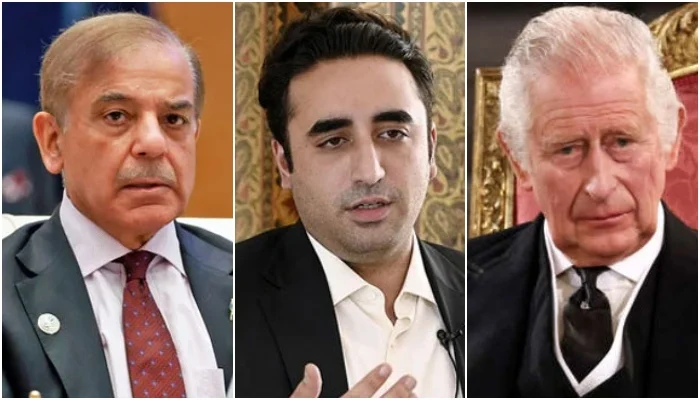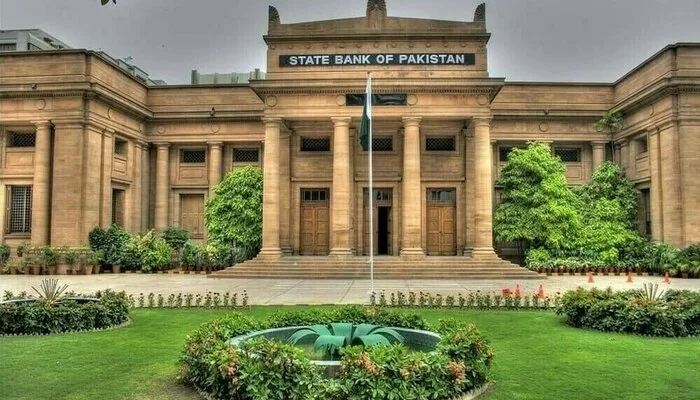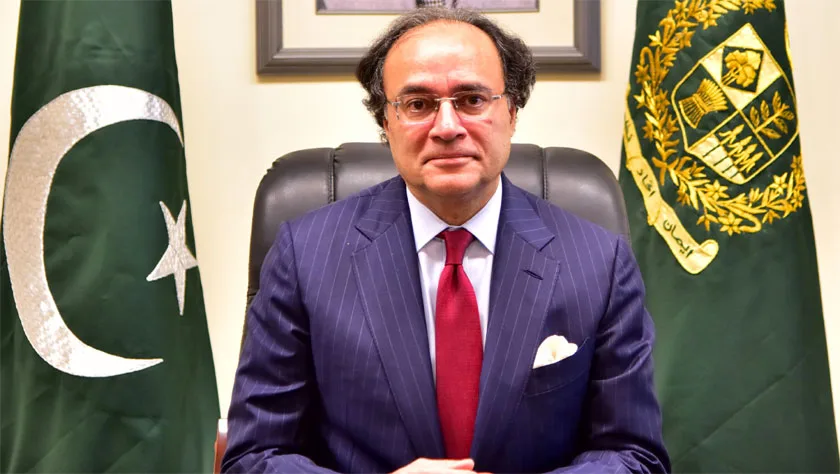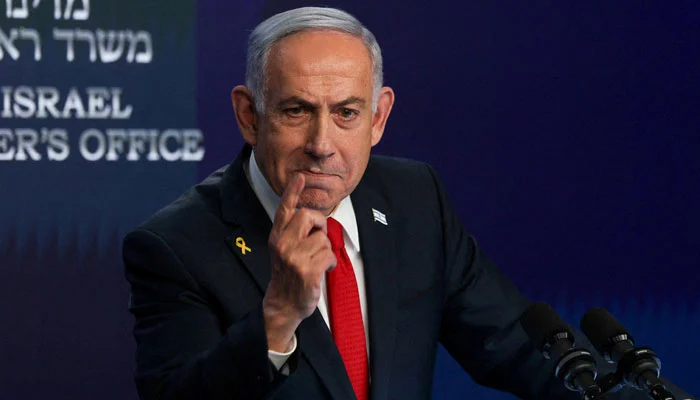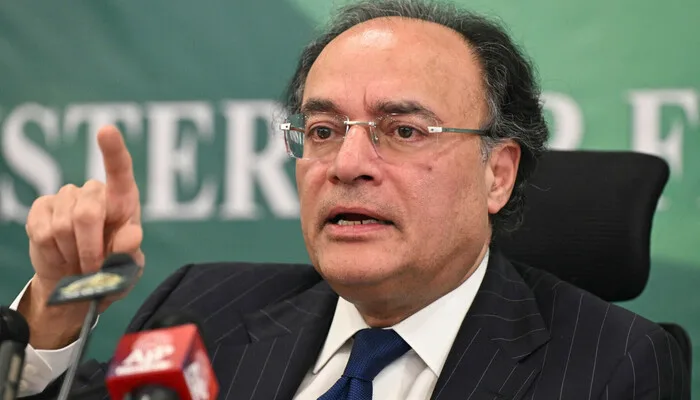
Finance Minister Muhammad Aurangzeb defended government spending cuts for FY2025 as a direct response to growing taxpayer frustration. Speaking at a post-budget press briefing, he said the government limited spending increases to just 1.9 percent this year and reduced subsidies and debt-servicing costs.
Pushback from Taxpayers Sparks Change
Aurangzeb acknowledged that earlier criticism from tax-paying citizens was valid. “This was the right pushback,” he said. He warned that unchecked spending could lead to increased borrowing. The government, he added, must prove it takes fiscal responsibility seriously.
Budget Relief and Reforms
The new federal budget offers limited relief to the salaried class and includes incentives for real estate and construction. A 0.5% reduction in super tax aims to support businesses. Salaries and pensions for federal employees rose by 10% and 7%, linked to declining inflation. However, the minimum wage remains unchanged.
Journalists Walk Out Over Lack of Briefing
The briefing began with journalists protesting the absence of a technical session on the Finance Bill. They later walked out, though Aurangzeb continued with a smaller group. He expressed regret and promised regular engagements every four to six weeks.
Read: Online Shopping Comes Under Tax Net in Finance Bill 2025-26
Taxes, IMF Talks, and the Agriculture Sector
Aurangzeb said new taxes worth Rs312 billion are planned to help meet a Rs2.2 trillion revenue goal. He defended not taxing fertilisers and pesticides, saying it was a negotiated move with the IMF to support agriculture.
Digital Economy and Tariff Adjustments
FBR officials detailed tax changes for digital and high-value goods. New tariffs aim to level the playing field between imported and locally assembled solar panels. The government also cut customs duties on 2,700 items tied to exports.
Criticism from Miftah Ismail
Former finance minister Miftah Ismail criticized the budget, calling the relief “inadequate” and reforms “missing.” He said the government missed a chance to enact meaningful changes despite having favorable economic conditions.
Outlook and Future Measures
Aurangzeb described the current approach as a shift in direction, not the final destination. He emphasized continued reforms, documentation of the cash economy, and better enforcement to support long-term economic recovery.
Follow us on Google News, Instagram, YouTube, Facebook,Whats App, and TikTok for latest updates







